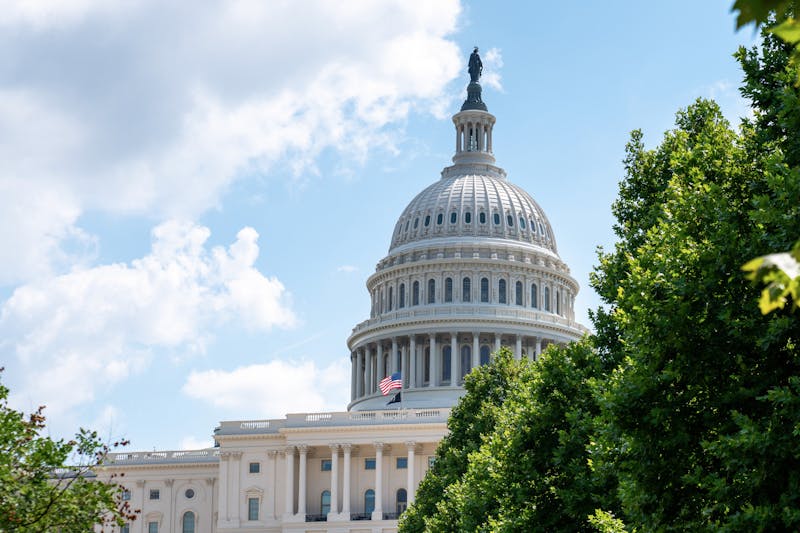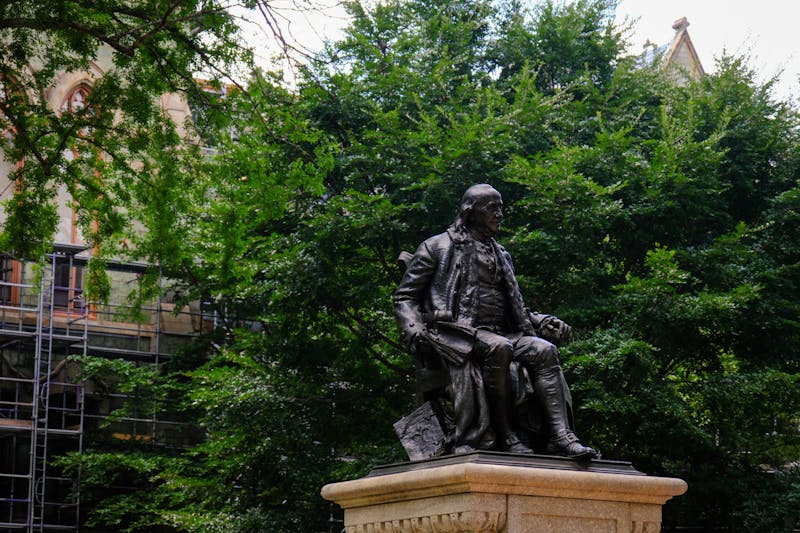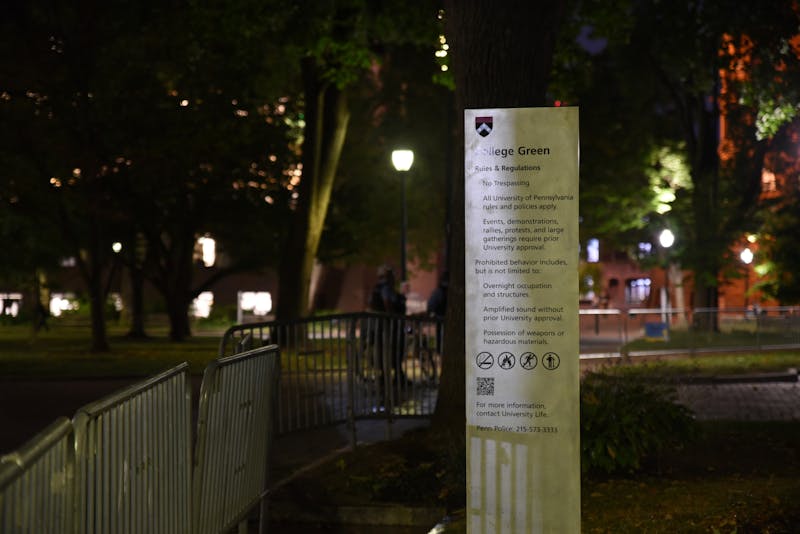
A new proposal for Penn’s divestment from Israel produced by Penn’s Muslim Students Association was declined by the University Council Steering Committee after a presentation last month.
After receiving a majority of votes from ballot respondents, MSA created a divestment proposal over the summer that was presented to the University Council Steering Committee on Sept. 23. A University spokesperson told The Daily Pennsylvanian that the Steering Committee declined the proposal, reiterating Penn’s opposition to boycotts, divestment, or sanctions against Israel.
“The Steering Committee, following the established University guidelines and procedures for such consideration, determined that there is insufficient basis for further consideration. The matter is now closed,” the spokesperson said. “On numerous occasions, the University of Pennsylvania has made clear that it does not support boycotts, divestment, or sanctions against Israel.”
The Steering Committee did not respond to the DP’s request for comment.
The MSA Board declined to comment on the Steering Committee’s decision, but wrote in a statement to the DP that the proposal should be a “serious concern for everyone on campus.”
“Our financial aid, SAC budgets, the UA, SPEC, and Class Boards could be receiving funds directly tied to apartheid,” the board wrote.
The proposal listed 97 companies that the University should divest from based on their roles in facilitating or profiting from Israeli settlements in the “occupied Palestinian territory.” The list included well-known companies including Airbnb, Booking.com, Motorola Solutions, and TripAdvisor.
The proposal claimed that involvement of these companies in Israeli settlements constitutes a “moral evil” and asked the University to divest from its holdings if these companies do not cease such activities within 12 months. It also called for the formation of an Ad Hoc Advisory Committee on Divestment to investigate whether these companies violate the University’s social responsibility guidelines.
MSA first announced the divestment proposal in an Oct. 13 Instagram post. The post addressed “detractors,” student leaders, and the Penn community at large. It encouraged people to read the divestment proposal, and to “speak up and speak out.”
“We presented this proposal, but it’s up to you to carry it forward and maintain support,” the post read. It also asked student organization leaders to make an informed decision on whether to support the proposal and encourages leaders to reach out for “collaboration, perspective, recommendations, or support.”
“The University cannot and should not benefit from, profit from, or associate with such depravity and inhumanity,” the proposal read. “Any form of corporate involvement – whether Israeli or international, whether direct or indirect, whether intentional or incidental – with the Israeli settlements is wholly incompatible with human rights obligations.”
In the spring, MSA presented a referendum to be voted on by undergraduate students that asked whether Penn should divest from companies and organizations that “profit from, engage in, or contribute to the government of Israel’s human rights violations.”
The petition for the referendum, which was circulated on April 24 by MSA and reposted by Penn Students Against the Occupation of Palestine, asks students whether the University should divest its endowment fund from companies and organizations that “profit from, engage in, or contribute to the government of Israel’s human rights violations,” in addition to two other questions.
On April 23, Penn’s student government approved a vote on the referendum, which was open to all undergraduate students. The referendum was circulated in April by Penn’s Nominations and Elections Committee.
22% of the undergraduate student population voted on the referendum, with 63.6% of students voting in favor of divestment from companies associated with Israel and 36.4% voting against. 655 students abstained from voting.
In June, Interim Penn President Larry Jameson rebuffed the results of the vote in an email to the Penn community. Jameson also sent an email to MSA reiterating Penn’s opposition to the Boycott, Divestment, and Sanctions movement.
The Daily Pennsylvanian is an independent, student-run newspaper. Please consider making a donation to support the coverage that shapes the University. Your generosity ensures a future of strong journalism at Penn.
Donate











